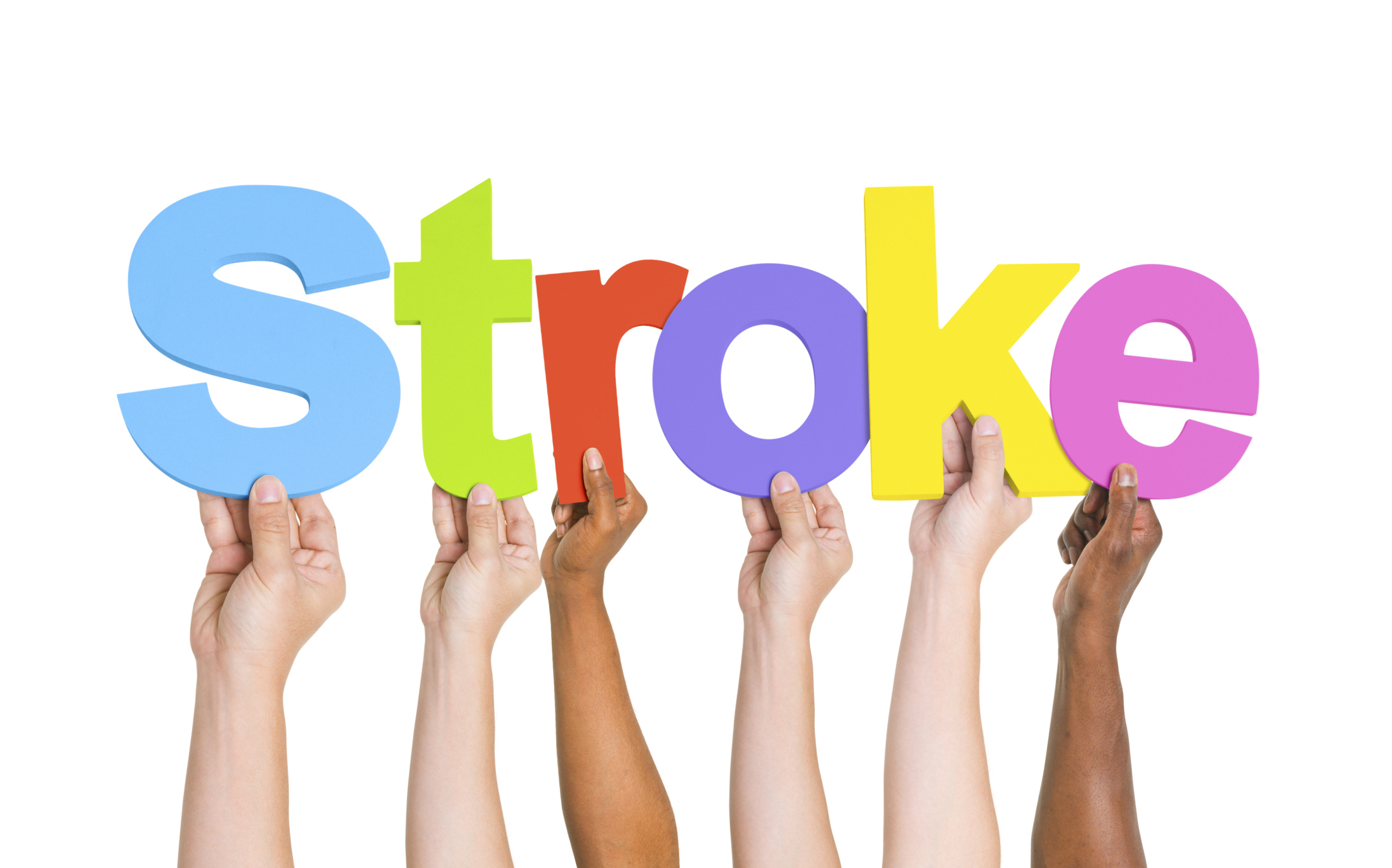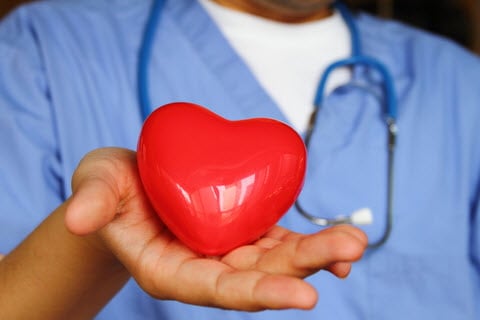
Nearly 800,000 Americans have strokes every year, according to the Internet Stroke Center. Of these, more than 140,000 people die annually. In fact, stroke is the top cause of long-term disability in the U.S., and the third leading cause of death. While these numbers can be frightening, there's hope: the more quickly treatment occurs, the lower the risk of serious, long-term injury. This caregiver training information is valuable information for recognizing the signs of a stroke and understanding the need to act quickly to minimize damage.
Educating yourself about stroke symptoms can lead to a brighter future for stroke victims. Scroll down for free helpful videos you can view today.
What is a Stroke?
A stroke occurs when the blood supply to the brain is suddenly interrupted. The majority of strokes are ischemic, which means they are caused by an abrupt arterial blockage. Hemorrhagic strokes, meanwhile, occur when a blood vessel bursts causing bleeding in the brain.
The effects of a stroke vary depending on the location and severity of the injury, and damage may be either temporary or permanent.
Warning Signs
Vigilant caregivers can help promote optimal outcomes by quickly identifying symptoms in order to hasten treatment. Warning signs include:
Read More




